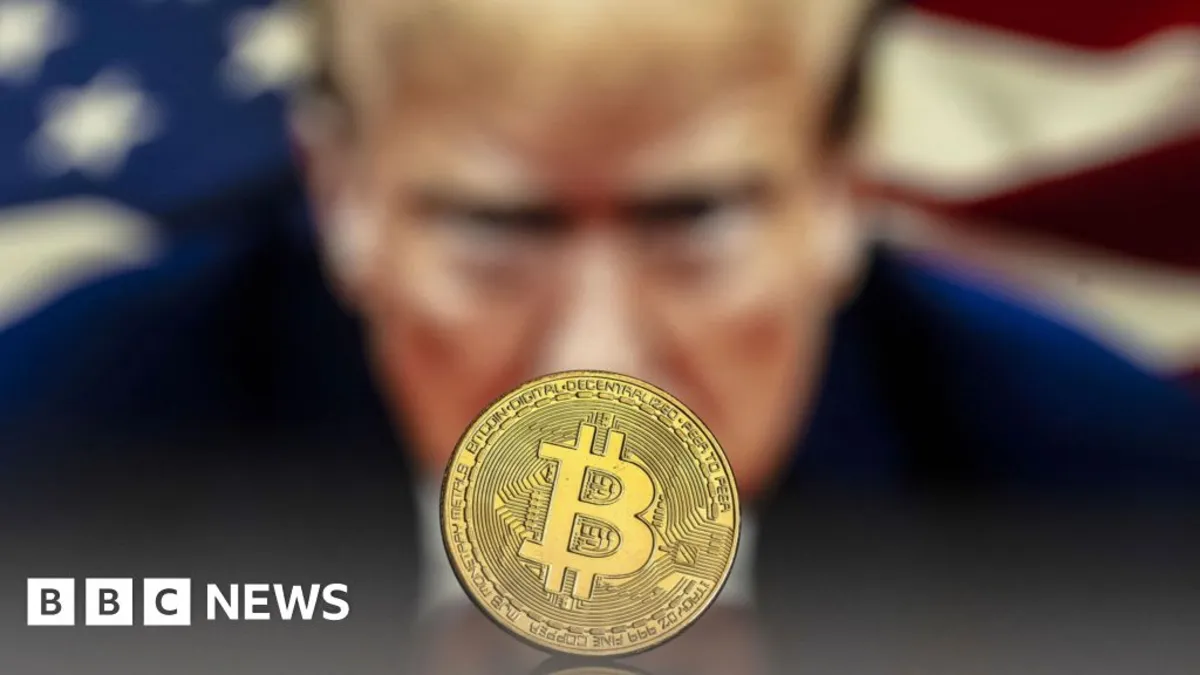
President Donald Trump's recent decision to create official government cryptocurrency reserves in the United States has sparked a wave of criticism from industry observers. In a bold move, he has signed an executive order to establish what he refers to as a Strategic Bitcoin Reserve alongside a Digital Asset Stockpile, which will include various forms of digital currencies.
The newly formed reserves will be funded by cryptocurrency coins that have been forfeited to the federal government as a result of criminal or civil proceedings. This initiative aims to create a secure repository for these digital assets, likened by White House AI and crypto tsar David Sacks to a digital version of Fort Knox, the renowned military base in Kentucky that houses a significant portion of the United States' gold reserves.
Despite the ambitious nature of the initiative, some crypto enthusiasts have voiced their concerns, arguing that the government is not being sufficiently bold in its approach. Critics have also highlighted the lack of transparency surrounding the reserve's establishment. Sacks has called for a comprehensive accounting of the federal government's existing cryptocurrency holdings, estimating that there are approximately 200,000 Bitcoin currently held, valued at around $17.5 billion (£13.6 billion) based on current market prices.
During a press briefing at the White House ahead of a special crypto summit, Sacks expressed his disappointment over not maximizing potential value for American taxpayers. “What we want to do is make sure that with the remaining Bitcoin that we have,” he stated, indicating a desire to enhance government holdings responsibly.
However, not everyone is optimistic. Charles Edwards, a prominent figure from the Capriole Fund, which specializes in Bitcoin and digital assets, criticized the announcement as merely a "pig in lipstick." He pointed out that without any active buying of new assets, it simply rebrands existing government Bitcoin holdings.
Trump's executive order mandates that the Treasury and Commerce secretaries devise strategies for acquiring additional government Bitcoin, with the stipulation that these strategies must be budget neutral and should not add to the national deficit or debt. Sacks clarified that this means the government can only purchase more Bitcoin if it does not financially burden taxpayers.
Jason Yanowitz, co-founder of the crypto firm Blockworks, supports the idea of a Bitcoin reserve but criticized the inclusion of other digital coins, arguing that it sets a "horrible precedent" that could lead to arbitrary asset selections. “Without a clear framework, we risk arbitrary asset selections, which would distort the markets and drive a loss of public trust,” he warned.
Conversely, some analysts have viewed the government's approach more favorably. Russ Mould, investment director at AJ Bell, stated, “This approach makes much more sense than buying the assets,” emphasizing that it would be peculiar for the U.S. to sell its dollars to acquire cryptocurrency, especially when the dollar remains the world’s reserve currency and a significant source of global influence.
As the debate around President Trump's cryptocurrency reserves unfolds, it is clear that the Strategic Bitcoin Reserve and Digital Asset Stockpile will continue to attract attention from both supporters and critics. The effectiveness of this initiative in fostering trust and stability within the digital asset landscape remains to be seen.